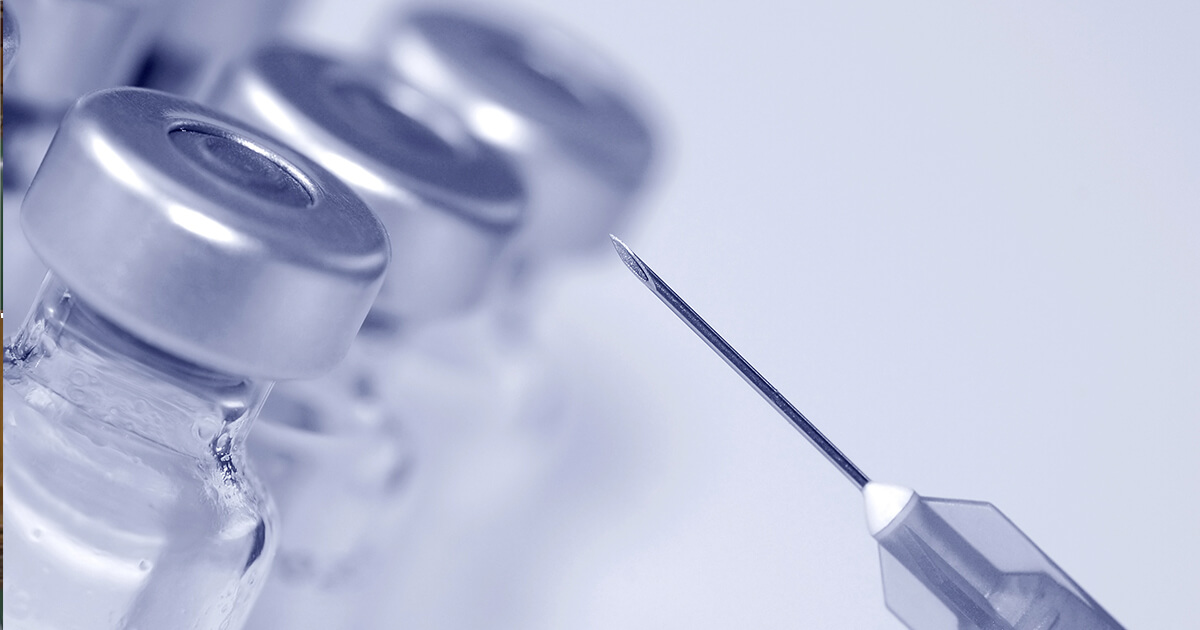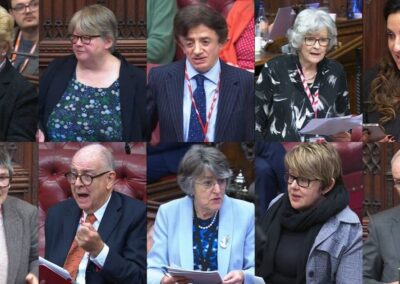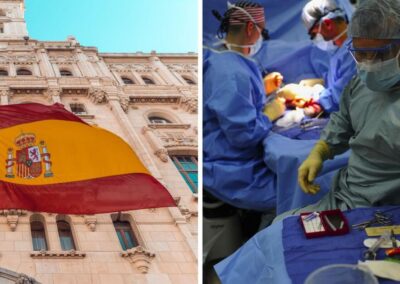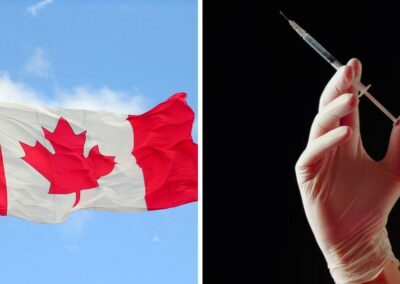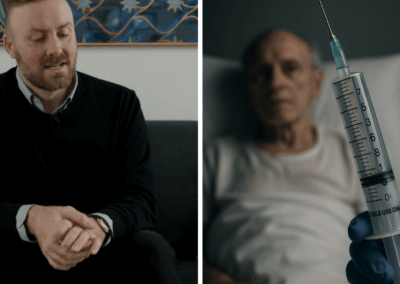The legalisation of assisted suicide in Canada has led to a surge in organ donations and the open solicitation of those considering medically assisted death, raising ethical concerns.
During the first 11 months of 2019, Trillium Gift of Life Network, which oversees organ and tissue donation in Ontario, revealed that 18 organs and 95 tissues were donated by people who had ended their life through assisted suicide in the Canadian province. Even without the inclusion of organs and tissues donated in December’s data, the number of donations is up 14% from 2018 and 109% higher than it was in 2017.
“Medical assistance in dying,” as it is legally referred to in the country, has been legal in Canada since 2016, under certain conditions. Since then, organs and tissues donated from those who ended their life through assisted suicide have risen significantly each year.
The 113 assisted suicide related donations in 2019 accounted for 5 percent of overall donations in Ontario, a share that has also been increasing. In 2018, assisted suicide related donations made up 3.6 percent of the province’s total donations, and in 2017 just 2.1 percent.
This new source of organs and tissues is significant as Ontario’s waiting list for organs remains typically static around 1,600.
Countries such as Belgium and the Netherlands require assisted suicide recipients to initiate organ donation, while others, like Switzerland and several US states, prohibit them from donating organs altogether.
In Canada, however, provincial law requires medical professionals to notify the Trillium Gift of Life Network of any potential assisted suicide recipients when a death is imminent. Trillium is then free to approach these individuals and solicit organ donations, leading politicians and medical professionals to question its ethical implications.
Conservative MP Michael Cooper told CNA that the practice raises questions regarding consent and opens up the possibility of coercion.
“The concern that I have is that it muddies the waters in terms of the patient making a decision freely, without any degree of coercion or influence from anyone,” said Cooper.
He added that with the current setup of physician-assisted death in Canada, there is a chance that it is administered to a patient who is not able to properly consent or who may not want to die.
Dr Moira McQueen, executive director of the Canadian Catholic Bioethics Institute, said such practices appear “rather horrifying.”
Given that a person who is approved for euthanasia may not be terminally ill, McQueen she added it is not out of the realm of possibility that a primary physician “might well suggest organ donation as, if not an incentive, a kind of ‘consolation’ for the person’s own loss of life.”
Despite ethical concerns, the policy of allowing medical groups to solicit those considering assisted suicide for organ donations is being adopted by more Canadian provinces and could be a templated for other countries that introduce medical assisted death.
Quebec recently approved Transplant Quebec to raise the possibility of organ donation with patients after their request to die by euthanasia is approved by doctors.


